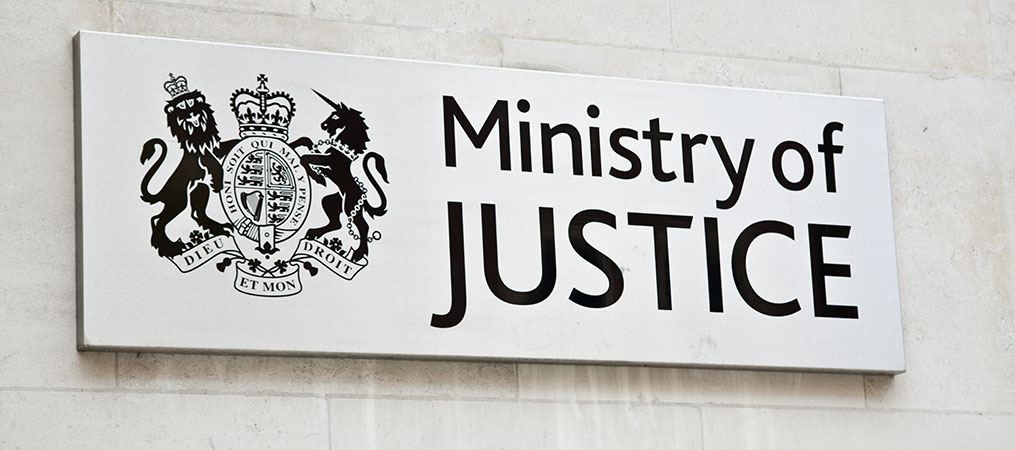
Ministry of Justice outlines proposed LPA reforms

The Ministry of Justice (MoJ) and Office of the Public Guardian (OPG) have outlined plans to modernise lasting powers of attorney (LPAs), streamlining and digitising the process.
The proposals, currently under consultation, would see an end to the need for LPAs to be witnessed in person, while requiring them to be sent for registration by the donor as soon as they are executed and introducing a ‘solicitor portal’ to encourage digital applications.
It has been 14 years since LPAs replaced enduring powers of attorney. In that time technology has moved on, with many donors and attorneys describing the paper-based LPA as “cumbersome, bureaucratic and complex” according to the MoJ.
The planned changes are expected to cut the time needed for registration in most cases from 40 to 14 days and reduce the number of errors within LPAs.
The MoJ’s data showed signing and witnessing was responsible for a “significant number” of errors and officials said their preferred approach was be to replace the existing requirement – that someone physically witness the donor and attorney signing and executing the LPA – with a digital alternative.
Donors and attorneys could mark their consent through an “advanced or qualified electronic signature equivalent”.
The MoJ said it wanted to end the current practice where, once an LPA has been created, donors and attorneys could delay sending it to the OPG for registration until required for use. Instead, only the donor would be able to register the LPA, and they would do it immediately it was executed.
The OPG’s remit would be widened so that an LPA could be registered or rejected depending on “a new set of prescribed checks during the creation and registration process, including ID checks and potentially the ability to limit who can be an attorney on the basis of prior relevant convictions”.
The OPG would not register an LPA that could not pass these checks unless directed by the Court of Protection.
The MoJ proposed that all objections to LPAs would in future be sent only to the OPG, ending the involvement of the Court of Protection. The statutory waiting period of four weeks, where objections can be made, would be reduced.
CILEX chair Professor Chris Bones welcomed the proposals and the use of technology in the process “to make it more straightforward and minimise delays”, saying he expected this to “benefit many consumers out there in the market”.
He also called on the government to take the opportunity to correct the longstanding anomaly that sees the Powers of Attorney Act 1971 allow only solicitors and notaries public to certify copies of lasting powers of attorney.
“This has the exclusionary effect of denying access to services from an entire cohort of qualified and competent professionals in CILEX Lawyers. As a result, 75% of CILEX Lawyers providing these services report delays to the consumer with knock-on impacts to cost.”
CILEX will be responding to the government consultation, which concludes on 13 October.